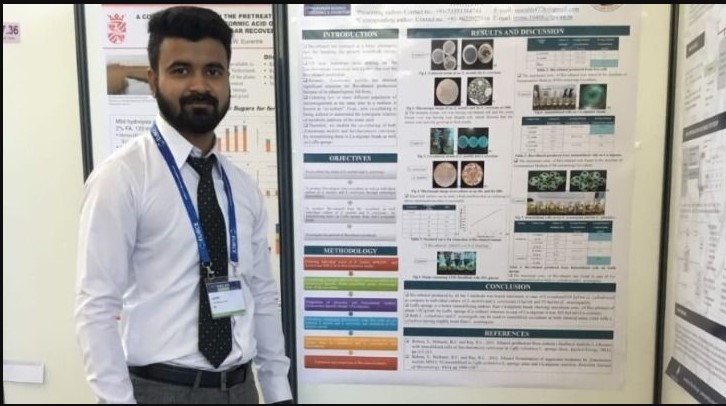
One innovative solution to clean plastic from the ocean is the development of specialized ships designed for this purpose. These ships utilize advanced technologies and equipment to efficiently collect and remove plastic debris from the ocean's surface.
Here are some key features and information about such a ship:
1. Design: The ship is designed with a focus on stability, maneuverability, and efficiency in plastic collection. It may have a large deck space to accommodate various equipment and storage facilities for collected plastic.
2. Collection Methods: The ship may employ multiple methods to collect plastic from the ocean. These methods can include:
a. Nets and Skimmers: The ship can be equipped with nets and skimmers that are specifically designed to scoop up plastic debris from the water's surface.
b. Conveyor Belts: It may incorporate conveyor belt systems that lift plastic waste from the water, separating it from marine life and other materials.
c. Drones and Remote Sensing: The ship might utilize drones or remote sensing technologies to locate and track areas with high concentrations of plastic debris, optimizing the collection process.
3. Sorting and Separation: Once the plastic waste is collected, the ship may incorporate onboard facilities for sorting and separation. Advanced systems such as optical sensors, machine learning algorithms, and robotic arms can help sort different types of plastic for recycling or proper disposal.
4. Recycling and Disposal: Depending on the capabilities of the ship, it may include onboard recycling facilities to process the collected plastic waste into reusable materials. Alternatively, the ship may transport the plastic to shore-based recycling centers or disposal facilities for appropriate treatment.
5. Power and Energy Efficiency: To minimize environmental impact, these ships can be designed with energy-efficient systems. This can include utilizing renewable energy sources such as solar panels or hybrid propulsion systems that combine conventional fuels with clean energy technologies.
6. Data Collection and Research: Some of these specialized ships may also serve as research vessels, equipped with scientific instruments to gather data on ocean pollution, plastic composition, and its impact on marine ecosystems. This data can contribute to ongoing research and inform future mitigation efforts.
It's worth noting that while innovative ships can play a crucial role in cleaning up the ocean, addressing the issue of plastic pollution requires a comprehensive approach involving waste reduction, recycling infrastructure, policy changes, and public awareness.










